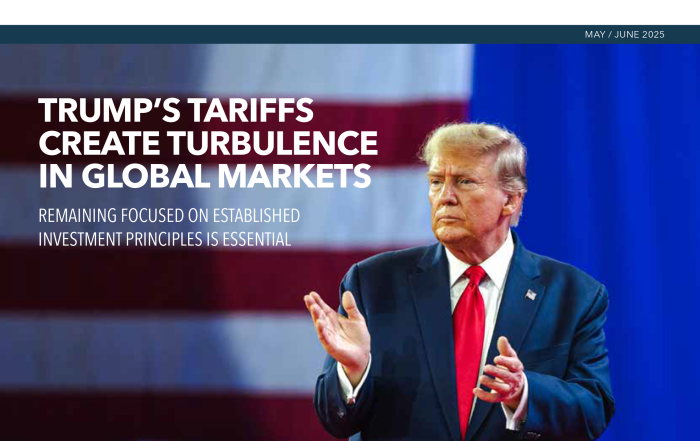What is Inheritance Tax?
Inheritance Tax (IHT) is the tax that’s applied by HMRC on the estate of someone who has died and doesn’t leave all assets to their spouse. This covers all their property, personal possessions and all the money that they owned when they died.
The amount of Inheritance Tax that’s owed will depend on a number of factors. In fact, if your estate’s worth less than £325,000, then no IHT is due. Also, if you pass on your house to your children or grandchildren, your estate can be worth £500,000 before IHT is paid. It’s important to mention that the allowance can be passed onto a spouse on death to add to their own.
The standard rate of IHT is 40% of everything over the relevant threshold. So, if your threshold is £325,000 and your estate’s worth £375,000, then you pay 40% of £50,000 – the difference between £325,000 and £375,000 – which would be £20,000.

How can I avoid paying IHT?
The UK government offer people a number of legitimate ways to reduce the amount of IHT they pay. For example, you could put your assets into a Trust, or you could give friends or family gifts of assets or cash up to a certain value each year. However, IHT is a major source of income for the government – in 2020, they gained over £5.5bn in revenues from it. So, there are some strict and complex rules covering what you can and can’t do to reduce your IHT tax bill.
Giving gifts
The rules covering gifts can be very complicated, depending on the type of gift and the reason you made the gift. You can make a gift of £250 each year to as many people as you like and it won’t incur IHT. On top of this, you also have an allowance of £3,000 in tax-free gifts that you can make to one person or a group of people each year. And if you don’t gift all £3,000 in one tax year, you can carry over what’s left to the next tax year – but only for one year.
You can also make regular payments to support someone else’s living expenses up to any value and these could be exempt from IHT, as long as you can prove that the payments are from excess income. But you’ll need to be able to prove this – for example, if your monthly income is £5,000 and your monthly outgoings are £2,500, you have £2,500 excess income each month, so you could pay up to £2,500 each month to support someone. To be exempt from IHT, these must be regular payments, rather than a one-off gift.
If you make any gift to anyone and you live for seven years after you made the gift, then it becomes exempt from IHT. But if you die before the seven years is up and there’s IHT to pay, the rate of tax will depend on how long has elapsed since you made the gift. If it’s less than three years, then IHT is payable at 40%. If it’s more than three years, there’s a sliding scale to determine how much tax is owed.
Talk to us
When we sit down with you to look at Inheritance Tax planning, we need to understand your full financial picture. That means looking at your whole estate – your total net worth, from any assets such as property and valuable heirlooms you might have, to your savings and cash assets. We also need to understand your personal financial goals – how much income you’ll need for your retirement and how much you want to pass on. Finally, we’ll look at your individual situation – whether you’re married, in a civil partnership or single, and who you’d like to benefit from your estate when you die.
By understanding the full picture of what you will need in the future, what you want to pass on and who your beneficiaries will be, we’ll be able to give you knowledgeable IHT planning advice that will help to ensure you pass on as much as possible to your loved ones.
PLEASE NOTE: Grosvenor Wealth Management Ltd is authorised and regulated by the Financial Conduct Authority. The value of investment can go down as well as up and you may not get back the original amount you invested. Tax treatment is dependent on individual circumstances and may be subject to change. Tax planning is not regulated by the Financial Conduct Authority.
Please use the form to the right to send us your question or request a call back.
We look forward to welcoming you to Grosvenor Wealth Management.
Smart Money May / June 2025
Smart Money May / June 2025 Welcome to the May / June 2025 edition of [...]
Smart Money March / April 2025
Smart Money March / April 2025 Welcome to the March / April 2025 edition of [...]
Taking the road to a comfortable retirement
Achieving this vision requires careful planning and preparation We all dream of a comfortable retirement, [...]
Practical financial planning for busy mums
The road to robust financial health, even when you’re juggling the demands of family life [...]
Planning for the future of your wealth
How to integrate emotional, financial and practical dimensions When it comes to your legacy, wealth [...]
Pension funds and the path to net zero
Survey pinpoints several barriers threatening pension funds’ progress Sixty-five per cent of pension funds recently [...]







